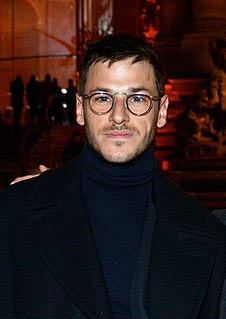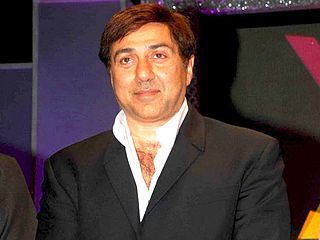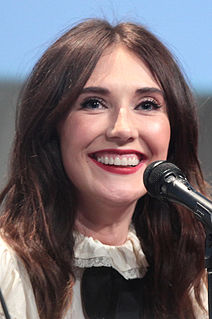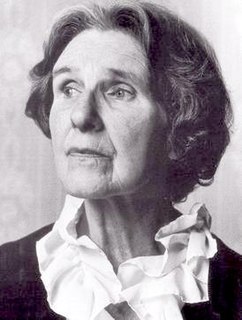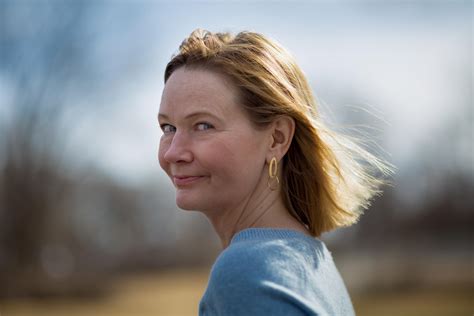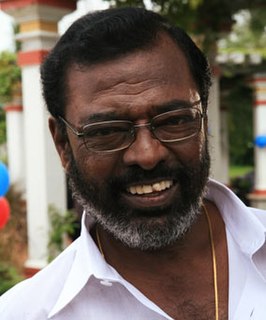A Quote by Robert Eggers
I'm a big fan of silent cinema and I think that before I got into the canon of European arthouse cinema, the first interesting films I liked as a kid were German expressionist silent films.
Related Quotes
I studied cinema at the university so I had a very classical approach to it. I studied all those silent films, and then the films from the 1940's, the Nouvelle Vague, the late Hollywood films. Now I realize, as a young actor, that it's one of my duties to actually be aware of what is today's industry and today's next big directors.
My production company wasn't doing well, so we were not producing films. Over a period of time, we have realized that we are going to produce our own films and make cinema that we like. We've got so much in-house talent, and my kids are going to be coming, so we all decided that we are going to be in films and cinema.
Some theatres back home used to screen arthouse films by Adoor and Shyam Benegal, and week-long festivals of films from France, Germany and the U.S.S.R. That was when I realised there was a world where people did not run around trees singing duets. That it was possible to make a different kind of cinema.


